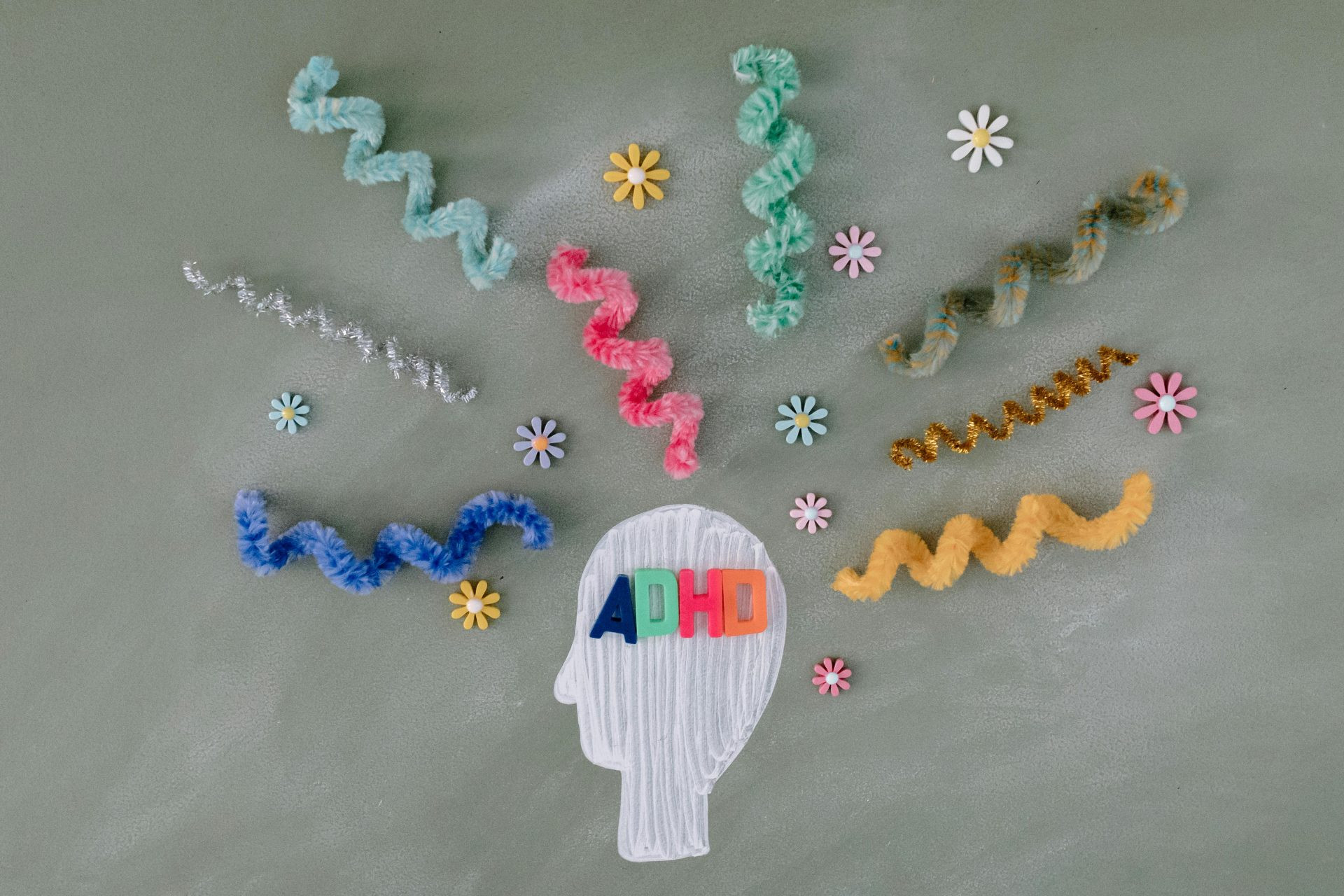Attention Deficit Hyperactivity Disorder (ADHD) affects millions of people worldwide, influencing their ability to focus, regulate impulses, and maintain energy levels. While medication and therapy play essential roles in managing ADHD, diet and nutrition also have a significant impact. A qualified dietitian can provide valuable guidance on making food choices that support brain function, enhance focus, and promote overall well-being. If you're in Melville or Perth and looking for experienced nutritional advice, a dietitian can help tailor a meal plan that suits your specific needs.
The Role of a Dietitian in ADHD Management
A dietitian is a trained professional who understands the link between food and health. For individuals with ADHD, certain nutrients can influence brain function and behavior. A dietitian can help identify the best dietary approach based on scientific evidence and individual preferences.
Key Dietary Considerations for ADHD
1. Balancing Blood Sugar Levels
People with ADHD often experience energy crashes and mood fluctuations, which can be influenced by blood sugar imbalances. A dietitian in Melville or Perth can recommend slow-releasing carbohydrates like whole grains, legumes, and vegetables to keep blood sugar levels stable throughout the day.
2. Essential Fatty Acids for Brain Health
Omega-3 fatty acids, found in fish, flaxseeds, and walnuts, are crucial for brain function. Research suggests that individuals with ADHD may benefit from increasing their intake of these healthy fats. A dietitian can guide clients on incorporating omega-3-rich foods into their daily meals.
3. Reducing Processed Foods and Additives
Artificial additives, preservatives, and excessive sugar can contribute to hyperactivity and inattention. A dietitian can help identify potential dietary triggers and suggest wholesome, minimally processed alternatives.
4. Boosting Protein Intake for Neurotransmitter Production
Protein-rich foods such as eggs, lean meats, nuts, and dairy play a role in neurotransmitter production, which influences mood and focus. A dietitian can help ensure a balanced intake of protein sources that suit individual dietary preferences.
5. Supporting Gut Health
Emerging research suggests a link between gut health and ADHD symptoms. Probiotic-rich foods like yogurt, fermented vegetables, and kefir may promote a healthier gut microbiome. A dietitian can recommend gut-friendly foods that align with personal dietary habits.
Tailored Nutrition Plans for ADHD
Every individual is different, and what works for one person may not be ideal for another. A dietitian in Melville or Perth can assess dietary habits, lifestyle factors, and personal health goals to develop a customized nutrition plan. This tailored approach ensures that individuals with ADHD receive the right nutrients to support cognitive function and overall well-being.
Seeking Professional Support
If you or your child have ADHD and want to explore how diet can make a positive difference, consulting our dietitian Mrs Krusha Desai at Melville Wellness Centre in Perth is a great step. An experienced dietitian can provide practical meal ideas, snack recommendations, and long-term dietary strategies to enhance focus, mood, and energy levels.
For professional nutritional support, visit www.melvillewellness.com.au and book an appointment today!
